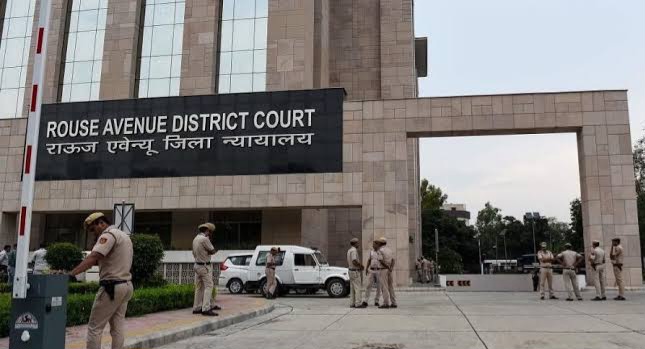Mehar, also known as dower, is a fundamental concept in Muslim law that signifies the financial obligation of a husband towards his wife in marriage. It is a mandatory payment, either in the form of money or property, given to the wife as a mark of respect, security, and recognition of her rights.
Unlike a dowry, which is often demanded by the groom’s side, Mehar is a right exclusively granted to the wife and is an essential component of a valid Islamic marriage (Nikah).
Islamic law mandates Mehar as a divine obligation, reinforcing the financial security of the wife. The Quran explicitly states, “And give the women their dowries with a good heart…” (Surah An-Nisa, 4:4), emphasizing that it is not a mere formality but a significant marital right.
It serves as a symbol of the husband’s commitment and responsibility, ensuring that the wife has economic stability in case of divorce, separation, or the husband’s death.
Mehar is classified into two types: Prompt (Mu’ajjal), which is payable immediately upon marriage or at the wife’s demand, and Deferred (Mu’akhar), which is payable at a later time, often upon dissolution of the marriage.

The amount is not fixed and varies depending on factors like the financial status of the husband, social customs, and the agreement between the parties. While Islam encourages moderation in determining Mehar, it also prohibits extravagant demands that could burden the husband.
Legally, Mehar is the exclusive right of the wife, and she can claim it through the courts if unpaid. It is a binding obligation that does not affect the validity of marriage but remains enforceable throughout the marriage. In the event of the husband’s death, unpaid Mehar is treated as a debt that must be settled before the division of his estate among heirs. Additionally, it serves as a deterrent against arbitrary divorce, as the husband must fulfill his financial obligation before separation.
Despite its significance, the practice of Mehar faces challenges. In some cultures, it is undervalued or nominally set, defeating its original purpose of financial security. Many husbands delay payment indefinitely, leading to disputes. The concept is sometimes misunderstood, being equated with dowry, which Islam strictly opposes.
Mehar remains a powerful instrument of economic justice for women in Islam. It upholds the dignity, respect, and financial independence of the wife while reinforcing the sanctity of marriage. Ensuring its proper implementation, free from cultural distortions, is essential to preserving its true Islamic essence and promoting fairness in marital relationships.



















